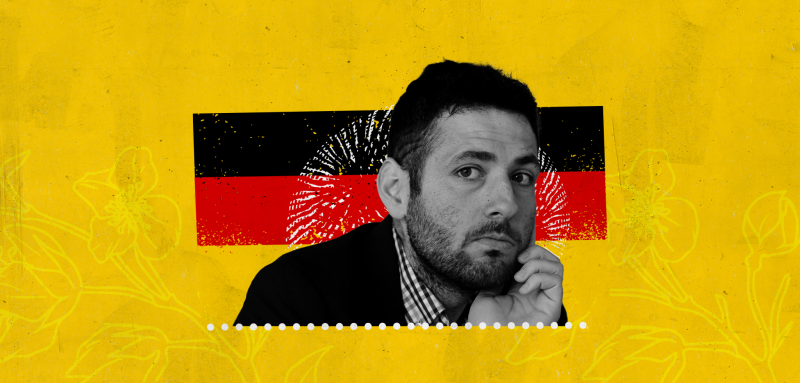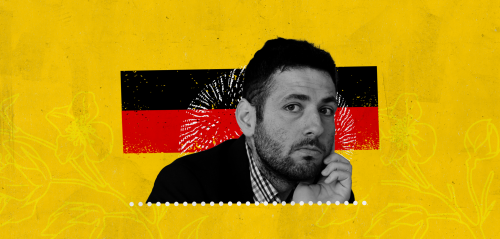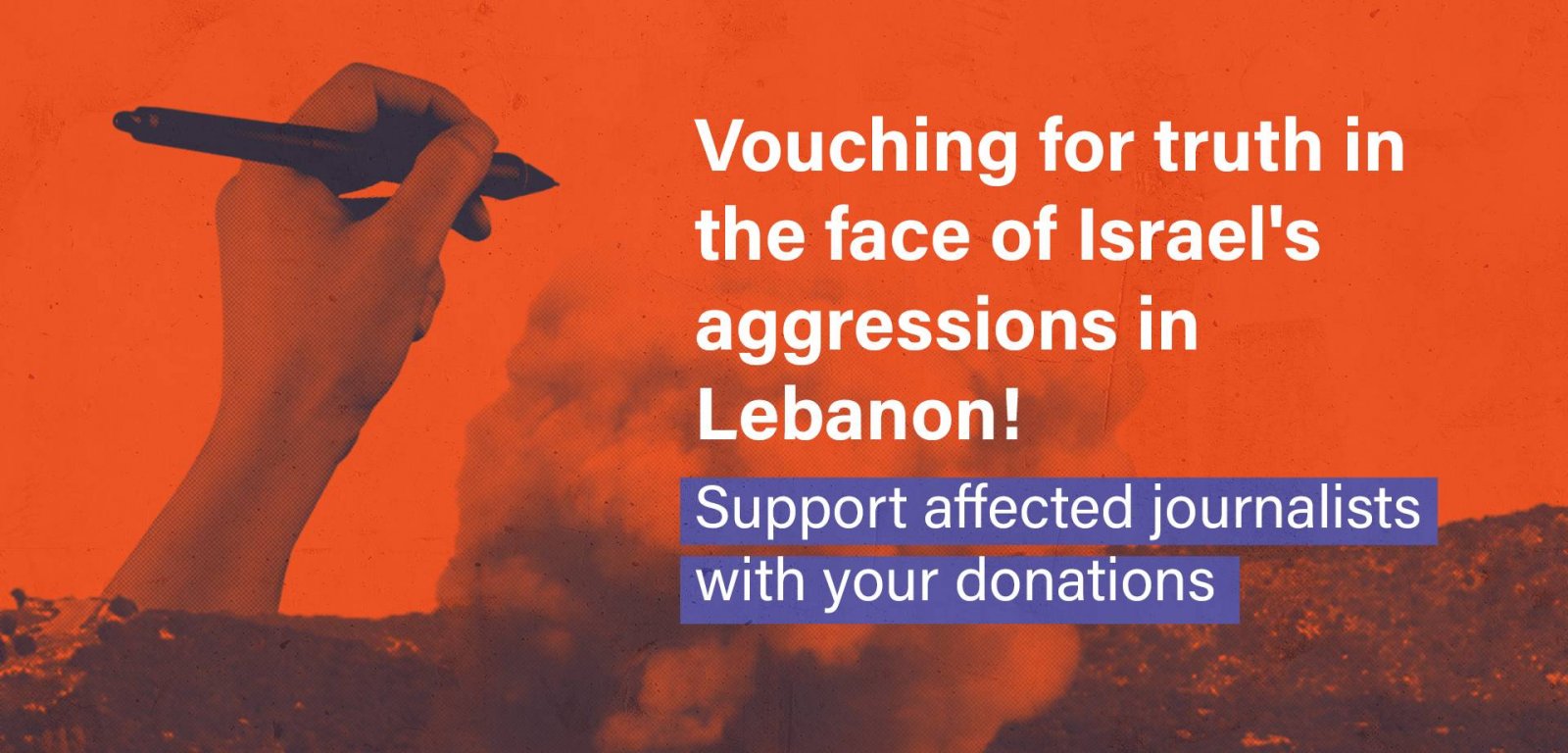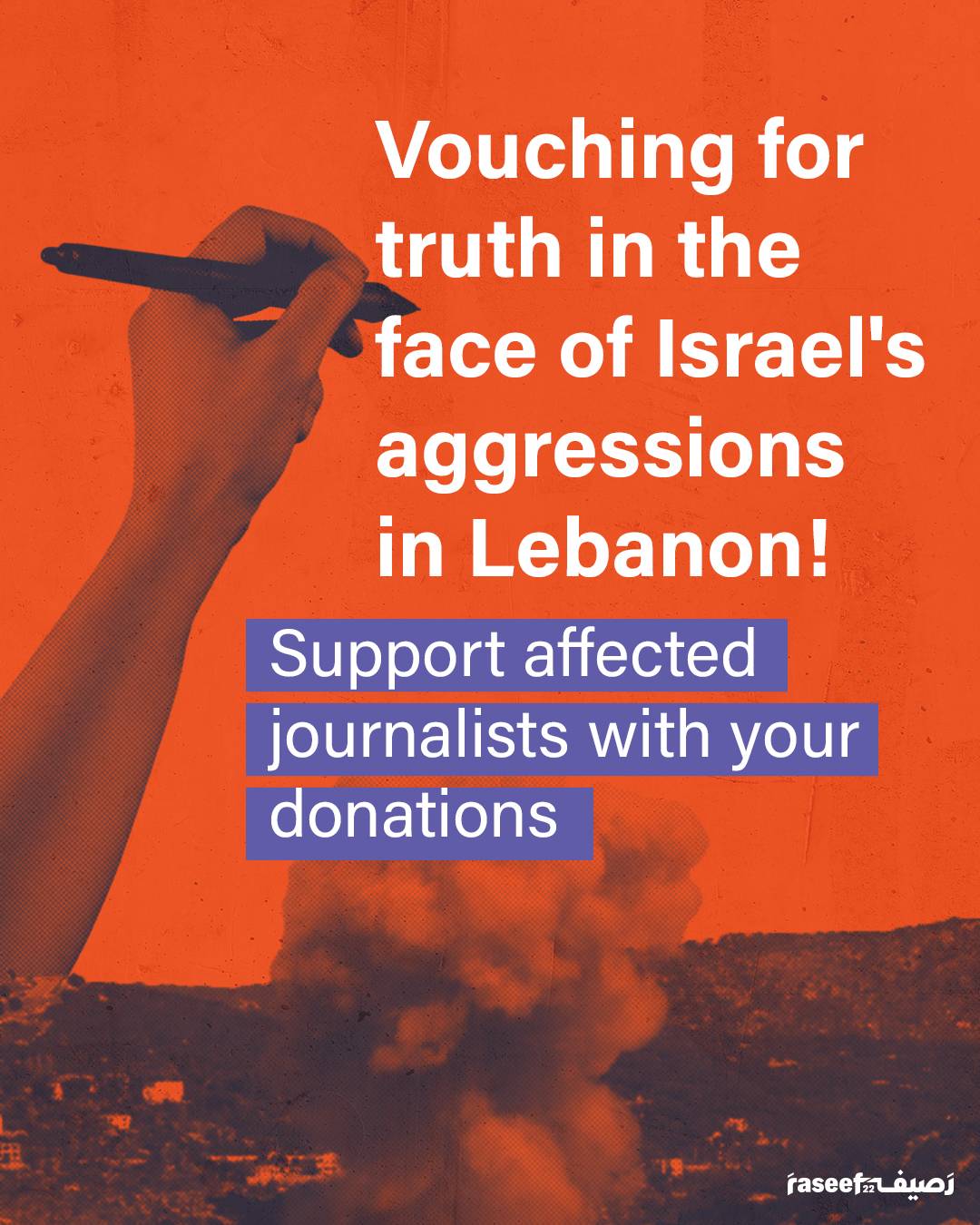The Syrian young man, Ryyan Alshebl, can barely escape the interview requests that have swamped him since his victory was announced in a small municipality in the German state of Baden-Württemberg last April, surpassing other candidates. Alshebl had arrived in Germany 8 years ago as a young man who could not speak the country's language or understand its bureaucratic complexities.
Although he had expected the news to gain local media attention and state-level coverage, he has since conducted interviews with media outlets from the United States all the way to Japan.
After leaving Syria in 2015, he arrived in a small town in southwest Germany called "Tengen" through Lebanon, Turkey, and Greece. There, he learned German and joined practical training at the municipality before starting a dual vocational training as an administrative clerk, eventually becoming responsible for kindergartens and digitization.
After leaving Syria in 2015, he arrived in a small German town called "Tengen" through Lebanon, Turkey, and Greece. There he learned German and underwent practical training at the municipality, to later on become responsible for kindergartens and digitization
Raseef22 had the opportunity to interview him a few weeks before he officially assumed his position.
How do you look forward to taking up your position this month, following an exhausting two months of engaging with local and international media?
It is a mixture of happiness, desire, and the accompanying anxiety that comes with taking on any new job, as well as dealing with public exposure. The past weeks have been a good starting point, allowing me to anticipate what lies ahead. Although I haven't started working yet, mentally I'm already there, thinking about the projects that should be prioritized. I stopped working at my previous job last week, as I was still employed in a neighboring municipality as an administrative employee.
You come from the city of Sweida, as the son of a schoolteacher and an agricultural engineer. Can you tell us about the circumstances of leaving Syria and arriving in Germany via the Balkan route in 2015?
As you know, there was no active war in Sweida before I left the country, no bombings or rockets, so one could live in their home without being forced to flee. I was studying at the Institute of Financial and Banking Sciences at Tishreen University in Latakia. By 2015, I saw that the country's situation was heading for the worse, and I stopped studying. It became clear to me that I couldn't stay in Syria, with neither the regime nor the opposition able to make decisive moves. Joining the military was a rejected option for me for well-known reasons in Sweida. Refusing to serve in the military was a collective phenomenon there. I didn't want to become a part of the fighting. I wasn't an activist in the opposition, but it was clear from what we witnessed who was responsible for what was happening in the country and where it was heading.
"My trauma from the journey had to do with the boat. It is designed to carry 15 people, but there were 49 of us, including children. After hours of sailing, the waves grew higher and water began to leak in. Here you think you're about to die" — Ryyan Alshebl
When the country's future is unknown and carries no real prospects, you'll default to being selfish, you save yourself, you throw yourself off the sinking ship.. Selfish thinking, but also natural at the same time.
The trauma I experienced during the escape journey is related to the boat. It was designed to carry a maximum of 15 people, but there were 49 of us, including children. The boat set off at night towards an unknown destination, without us knowing if we would make it or not. After hours of sailing, the waves grew even higher, and water started to leak into the boat, while the lights on the Greek and Turkish sides almost disappeared from our sight. Amidst the screams of women and children, you start to think that there are two possibilities, either you're about to die in a few minutes or you're going to arrive tonight. You feel helpless and surrender your fate to destiny. You can imagine how tense I was. When we reached the island of Lesbos, all we encountered was cold and darkness. We had to walk several kilometers to reach an inhabited place.
How did your family and friends react to your win? Your first contact after winning was with your mother, according to what was caught on a television camera.
My German and Syrian friends were campaigning with me. We were working together to make it work, without thinking about whether I would succeed or not. Of course, in the beginning, we discussed the winning chances of a person who had only arrived in Germany eight years ago. We agreed to give it a try, at least. I had informed my family about my candidacy before announcing it. They were not aware of the magnitude of the matter. And when I succeeded, they were extremely happy. People in our area work and study hard and may not earn a lot of money in the end. But they do their best to provide their children with a good education. Investing in children is a priority for families in Syria. And of course, I believe that my success here was a source of pride for my family.
How did the absence of a one-party politics culture in Syria affect you? Today, you are a member of the Green Party. How did you find that politics suited you?
I had an interest in politics before coming to Germany, but as we know, there is no room to work in it in Syria. And when you come to a democratic country and have the interest and hunger to engage in politics, you will try to do something in that direction. Joining a party opens up new horizons for you. The Green Party was "exciting" for me for several reasons. In addition to that, the journey of asylum accelerates your maturity and makes you feel like you've jumped ten years ahead. I knew that I wanted to join one of the parties that work here to serve political goals, and not individuals.
The journey of asylum accelerates your maturity and makes you feel like you've jumped ten years ahead. I knew that I wanted to join one of the parties that work here to serve political goals, and not individuals — Ryyan Alshebl
How did you manage to win over people in a conservative town in southwestern Germany? How was the competition, and did you receive any hate messages?
There are several reasons that helped me win, the first being that the election of the mayor is linked to the candidate's personality rather than their party. In other words, the voters need to connect with and appreciate the candidate and his/her plans. I spoke with nearly a thousand people during public events that I organized. I also visited around 70% of the households in the area. The region is politically conservative, but not necessarily religiously or socially conservative. The people there are wary of rapid and radical changes, but they are moderate. They mostly vote for the conservative Christian Democratic Union (CDU). A minority of them vote for the Greens. However, they are not extremists who refuse to elect someone from outside the country. If it weren't for that, I would have received thousands of hate messages during the elections. During my visits to at least 400 households, I only encountered one person who told me to go back to Syria. The situation is different in East Germany, of course. I ran as an independent candidate. Running as a member of the Green Party in municipal elections would have made my victory more difficult.
What were the reasons for your success on the personal level? Did knowing the right people play a role? We know that your former boss, Clemens Götz, the mayor of a neighboring town, supported your candidacy.
Yes, one needs ideal circumstances to achieve success in a short period of time. In the end, I'm not Superman. What happened was the result of hard work, effort, luck, and an encouraging environment. And by luck, I mean my main competitor making a mistake by underestimating my chances and believing that a 29-year-old from Syria cannot become a mayor. He was talking to voters as if he would do this and that without considering the possibility of losing.
Clemens Götz, my former boss and the mayor of a neighboring town, played a significant role for me. I had vocational training with him in 2016. My German language skills were poor at the time. Our relationship evolved into something that can't be described as merely a boss-employee relationship but rather a deeper human connection. There are people you meet in life due to good luck. It's very easy for me to say that he has had the greatest impact on me after my parents. He could be the one who pulls you out of a hole and tells you that you can practically reach the moon. So he was the main factor in this success, in addition to the friendships I formed with people who believed in me and supported me without hesitation, even knowing how difficult it is to achieve the goal.
You say that people should not judge you based on where you come from but rather where you want to go. Did your homeland play a role in the elections?
This could have played a negative role, but it didn't. As I mentioned earlier, you might find 5 or 10 people saying that they would never vote for a Syrian. But it's not an extremist environment. Some of them said it publicly, "Are you people crazy to vote for a Syrian?" One person asked me to go back to Syria, but it's not worth mentioning. During the four public events I organized, nobody brought up this issue. However, on the other hand, it is known that the media will highlight this aspect intentionally to create polarization.
Why did you come to Germany? "When your country's future is unknown and carries no real prospects, you'll default to being selfish, you save yourself, you throw yourself off the sinking ship.. Selfish thinking, but natural at the same time" — Ryyan Alshebl
Does it bother you that your character is boiled down by the media to the story of your escape and asylum-seeking? While also considering you a prime example of integration?
Well, I have never had any problem with being a refugee. It is interesting to live a success born out of suffering; not being born with a silver spoon in your mouth, as they say, and then having to gamble with your life and throw yourself into the sea to have a better life. I see no stigma or shame in being a refugee. The media covers and looks for attractive headlines for readers. The focus on me being Syrian was annoying. You don't wake up every day and tell yourself that I am Syrian and think about what I am entitled to or not entitled to. Instead, you seek to achieve your goals. So, I didn't have a problem with being described as a refugee, but I had an issue with the wording and phrasing, especially when talking about "the first Syrian mayor".
"After all these years in Germany, the word 'integration' has become overused and lacks a clear definition" — Ryyan Alshebl
As for the word 'integration', after all these years in Germany, I find it to have become overused and lacks a clear definition. When you talk to people who are not involved in politics about it, they say that they have some refugees, and that they need to learn the language and work in welding, baking, or cleaning jobs, and that's how integration succeeds. I don't agree with the principle that there is a small group that does not have the right to determine their own destiny and that we should integrate or assimilate them into a larger group, regardless of what they like and prefer to do. I also do not agree with limiting the work of refugees to simple manual jobs – with all due respect to those who practice these professions – under the pretext of their limited and weak language abilities.
I see it as a deal between refugees and the 'majority community', and if the majority community is not ready to accept, then one cannot do anything. The community was ready, and they are the ones who elected me, and it's not about me being a hero. The community took steps and reached a point where they can elect someone from another country and give them a political position. So, I consider the election as a sign of openness.
What do you wish for in this regard?
I hope that the election of a person with an immigrant background becomes a natural thing. And it becomes known that you can come to Germany and find your desired opportunity.
Raseef22 is a not for profit entity. Our focus is on quality journalism. Every contribution to the NasRaseef membership goes directly towards journalism production. We stand independent, not accepting corporate sponsorships, sponsored content or political funding.
Support our mission to keep Raseef22 available to all readers by clicking here!
Interested in writing with us? Check our pitch process here!









Join the Conversation
ذوالفقار عباس -
1 hour agoا
Hossam Sami -
2 hours agoصعود "أحزاب اليمين" نتيجة طبيعية جداً لرفض البعض; وعددهم ليس بالقليل أبداً. لفكرة الإندماج بل...
Anonymous user -
1 day agoرائع و عظيم ..
جيسيكا ملو فالنتاين -
5 days agoزاوية الموضوع لطيفة وتستحق التفكير إلا أنك حجبت عن المرأة أدوارا مهمة تلعبها في العائلة والمجتمع...
Bosaina Sharba -
1 week agoحلو الAudio
شكرا لالكن
رومان حداد -
1 week agoالتحليل عميق، رغم بساطته، شفاف كروح وممتلء كعقل، سأشاهد الفيلم ولكن ما أخشاه أن يكون التحليل أعمق...